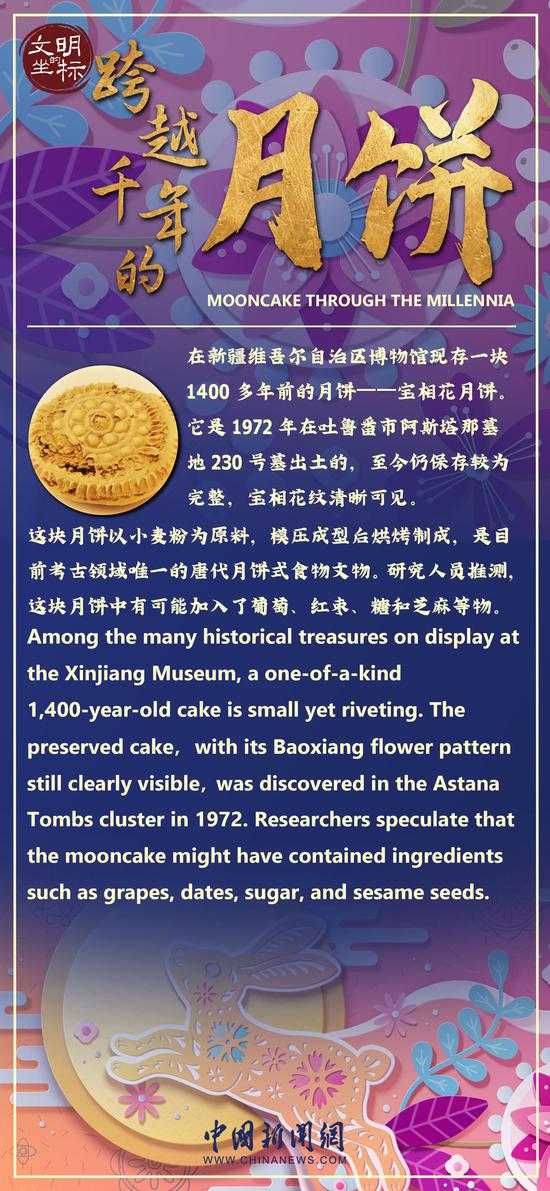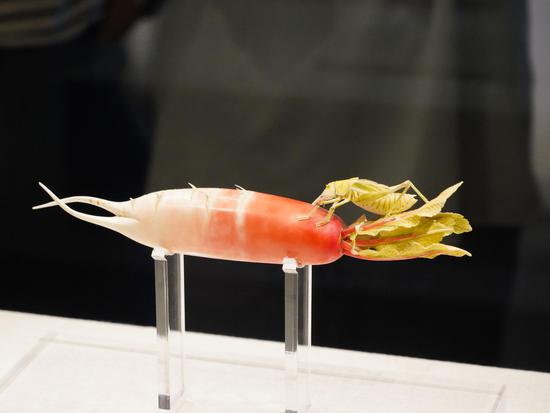Medical experts at Shanghai Ruijin Hospital have identified a brain-to-gut signal that controls fat absorption in the intestines and have found that traditional Chinese medicine may suppress the signal, potentially offering a new approach to weight loss.
The research team, affiliated with Shanghai Jiao Tong University School of Medicine, discovered that fat absorption in the intestine is directly regulated by the brain. When this signal is inhibited, the microvilli of epithelial cells in the small intestine become shorter, reducing the surface area available for fat absorption. As a result, less fat is absorbed, and the unabsorbed fat is excreted.
The researchers also identified puerarin, a key component of the traditional Chinese herb Radix puerariaeor gegen, as a substance that can inhibit specific neurons involved in the brain-to-gut signal. The inhibition promotes fat excretion and aids in weight loss.
A paper detailing the study, led by professors Wang Weiqing and Wang Jiqiu, was published on Wednesday in the journal Nature.
Traditionally, it has been believed that fat absorption in the small intestine is primarily driven by factors such as the surface area of the intestine and concentration gradients across membranes. The new study presents evidence that fat absorption is also regulated by the central nervous system.
In laboratory tests on mice, researchers found that when specific neurons in the dorsal motor nucleus of the vagus nerve, known as DMV neurons, were inhibited, the mice's ability to absorb fat in their intestines was significantly reduced. The unabsorbed fat was then excreted.
"To put it simply, it is through this brain-to-gut signal that the brain reduces the ability of the intestine to absorb fat," said Wang Weiqing.
Further research revealed that puerarin binds to a receptor in the brain, reducing the electrical activity of DMV neurons, which in turn diminishes fat absorption.
"The binding is like a key perfectly fitting into a lock, allowing the mice to remain slim even on a high-fat diet," Wang Weiqing added.
Frank Duca, an expert on the gut-brain axis and its role in obesity and diabetes at the University of Arizona, called the discovery "extremely novel", adding that it opens up "many new research avenues" in the regulation of fat absorption.
zhouwenting@chinadaily.com.cn


















































 京公网安备 11010202009201号
京公网安备 11010202009201号